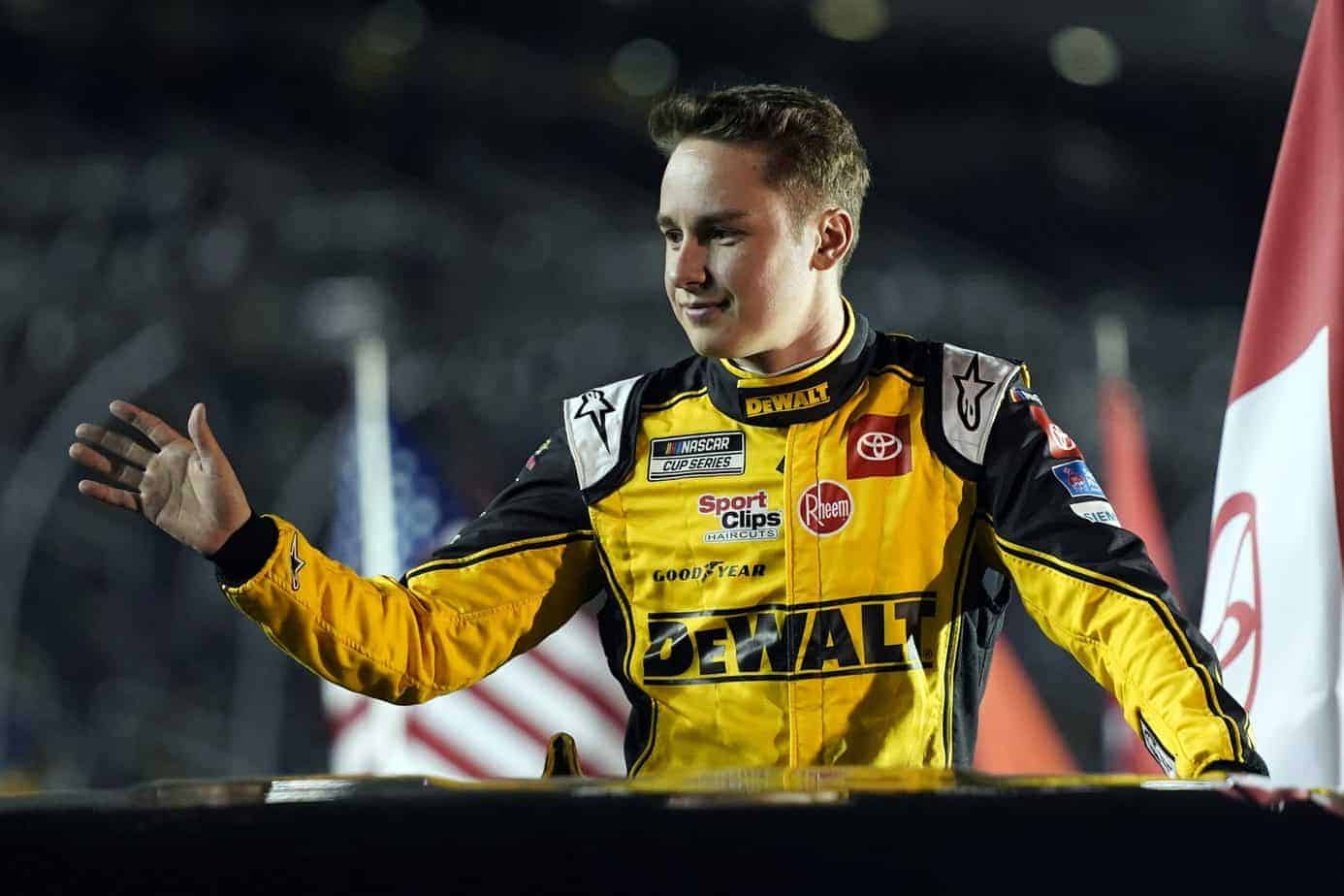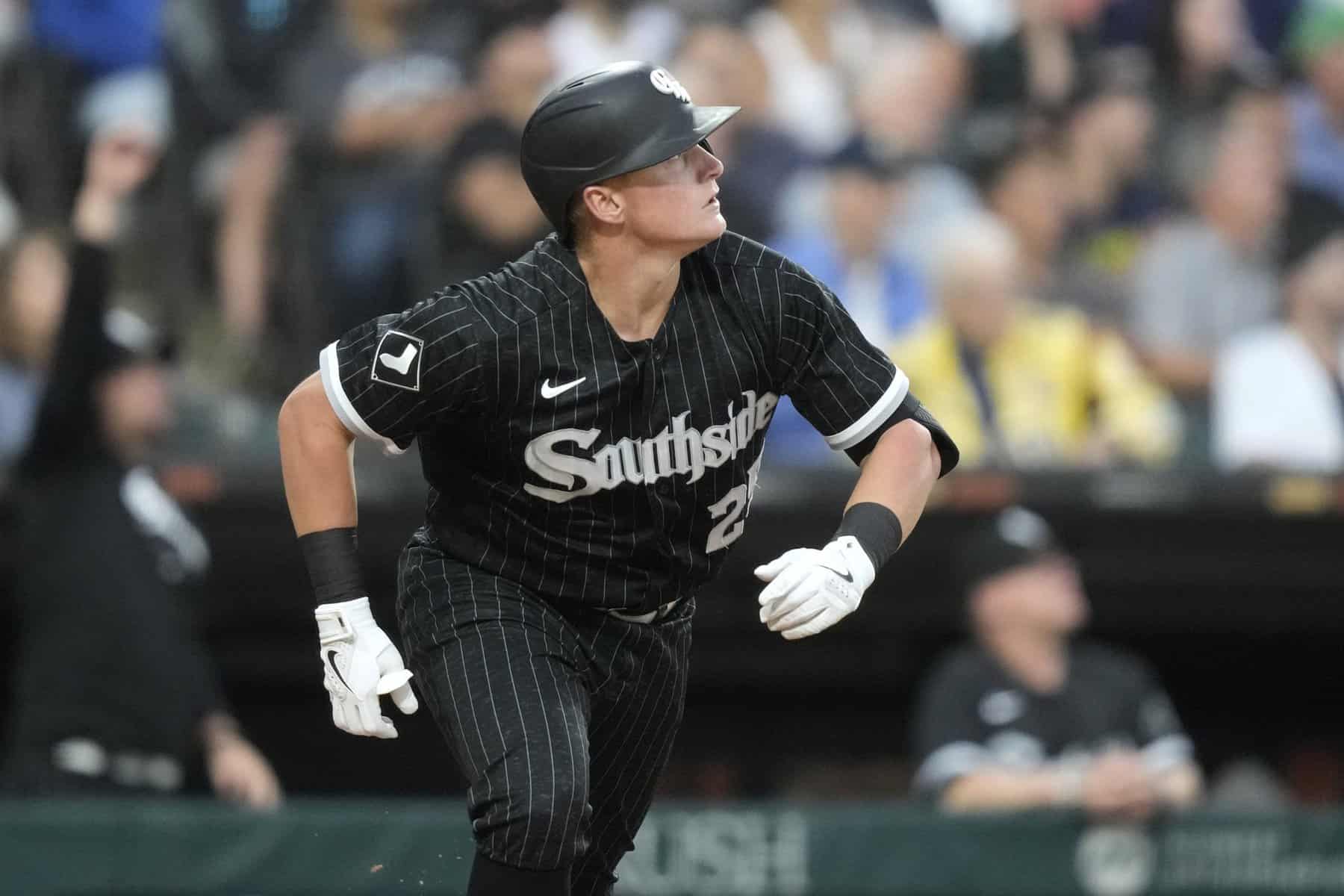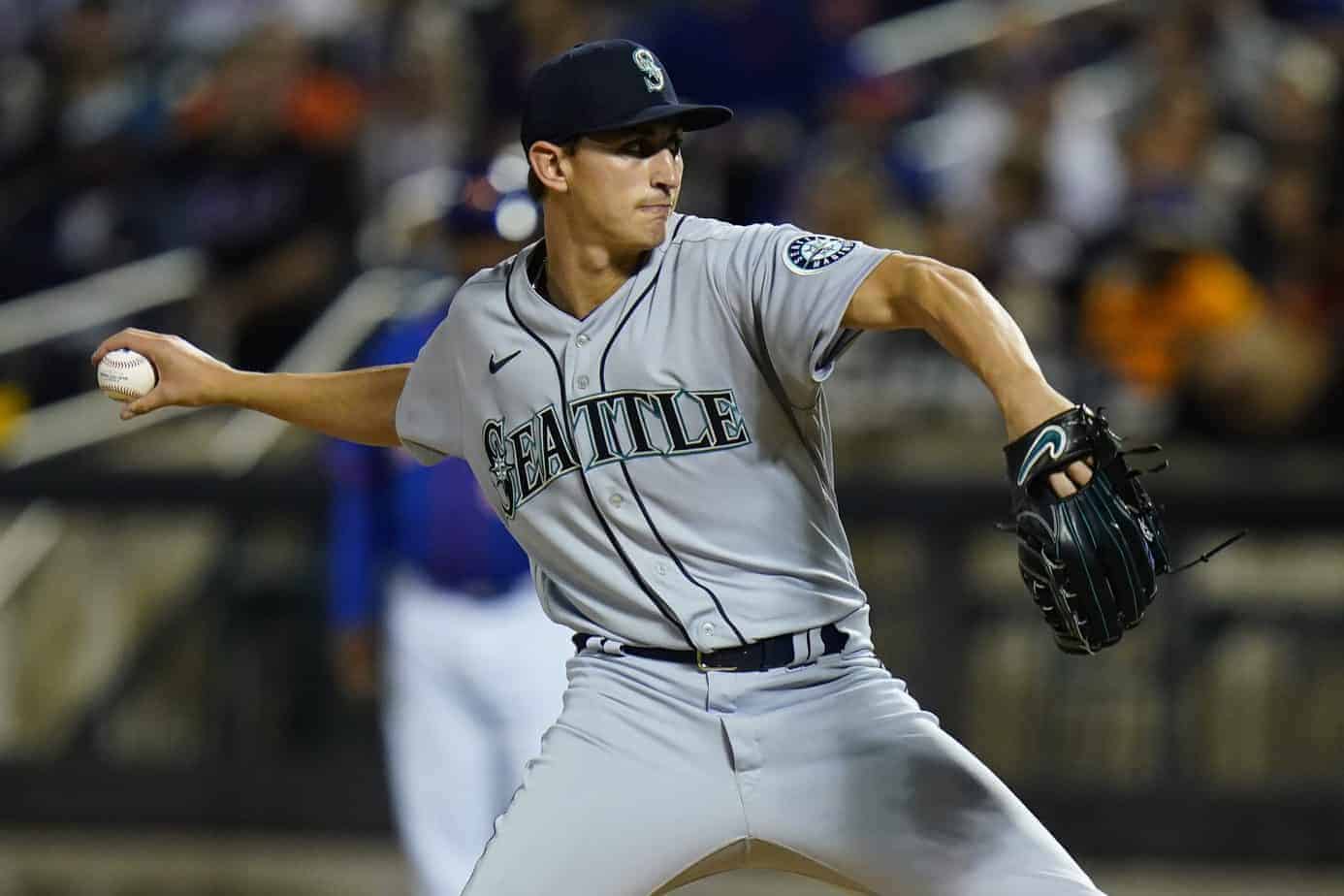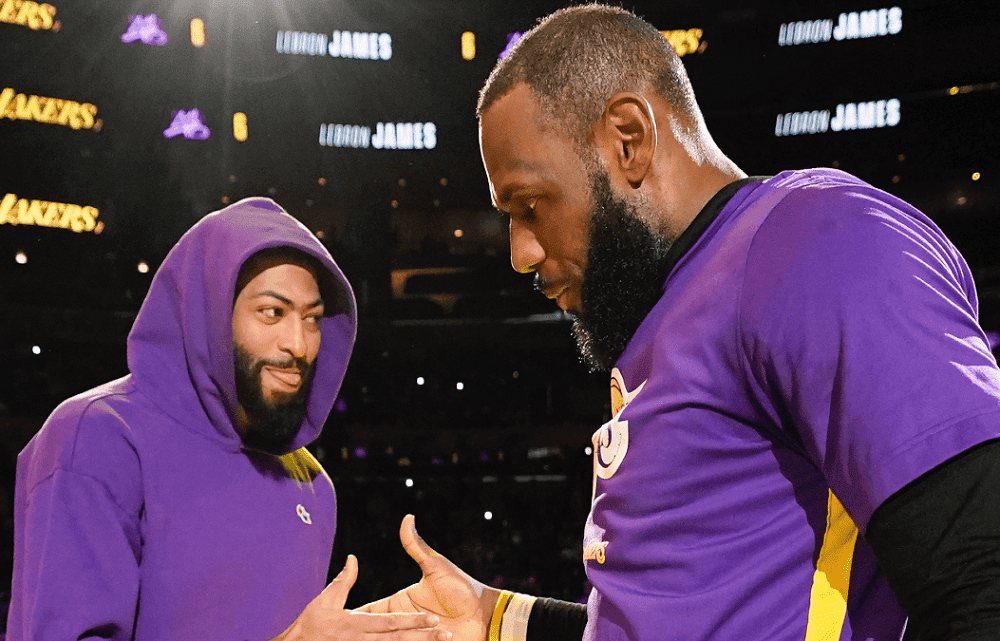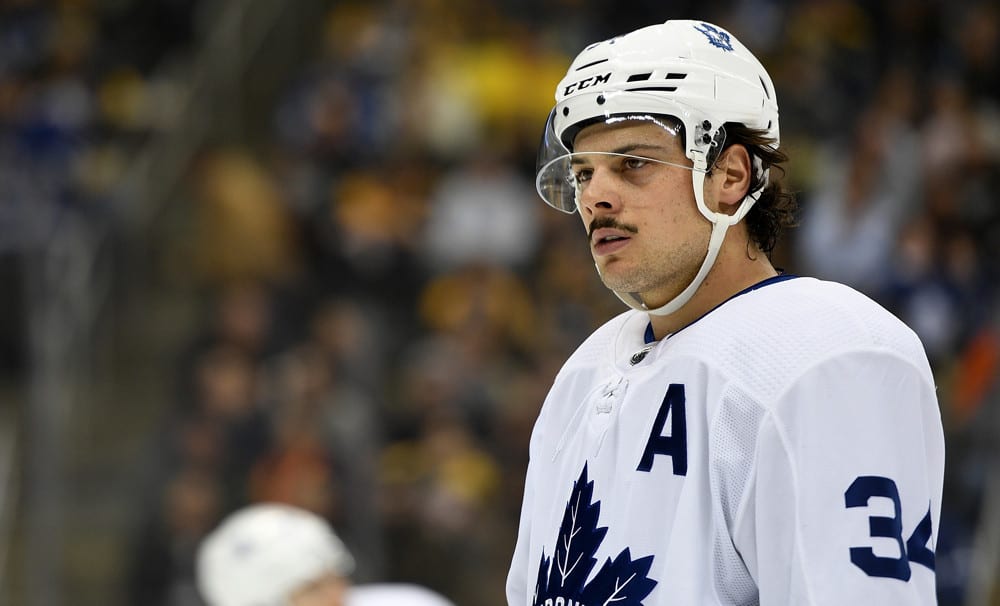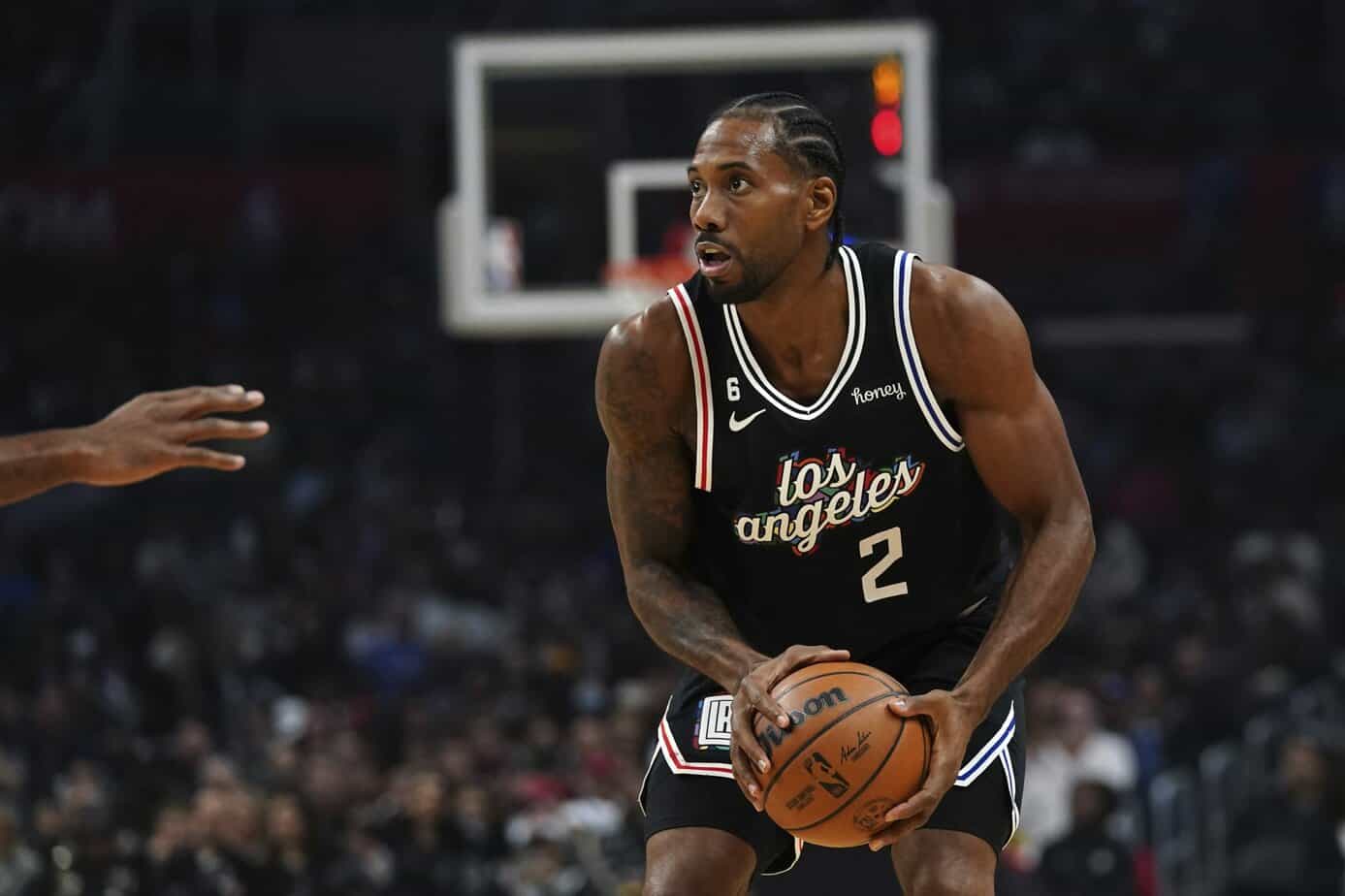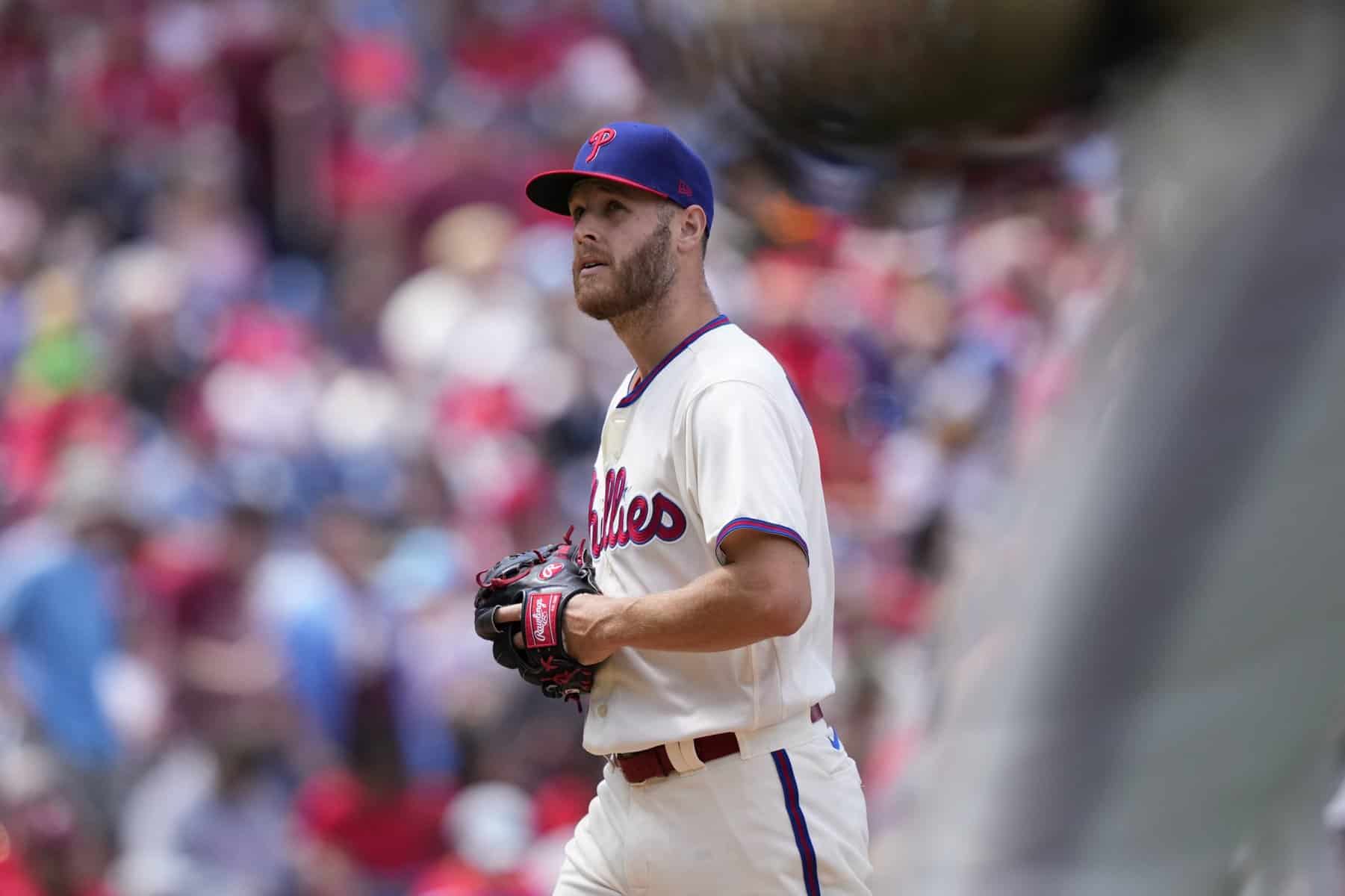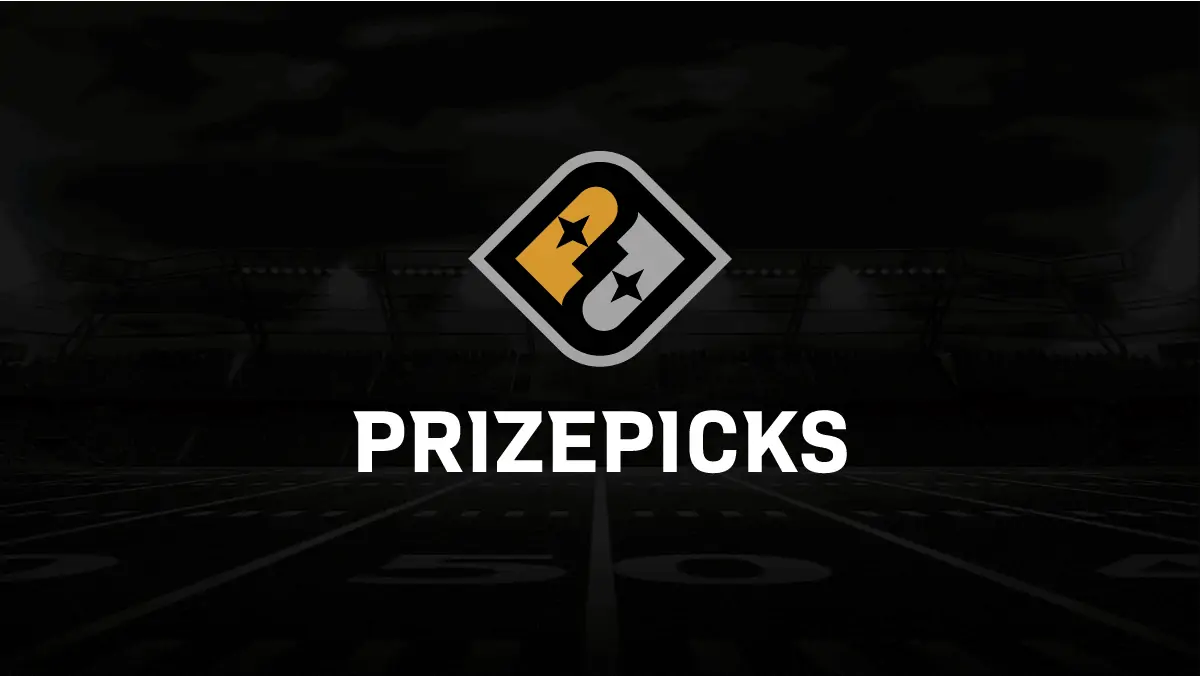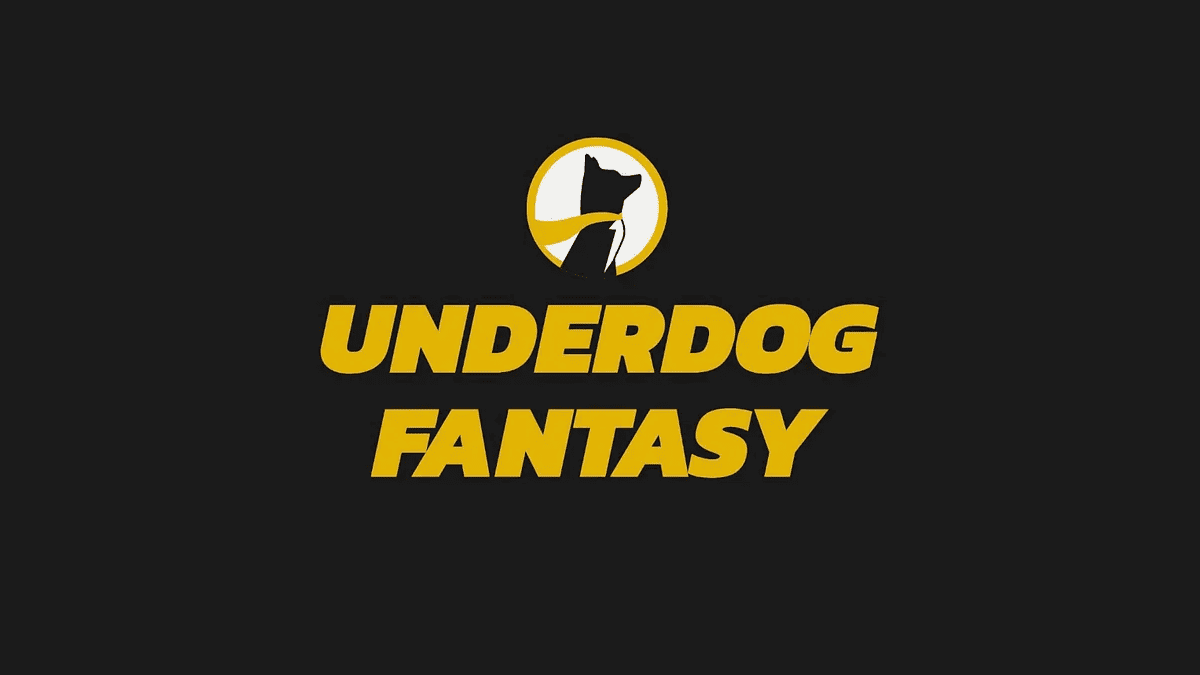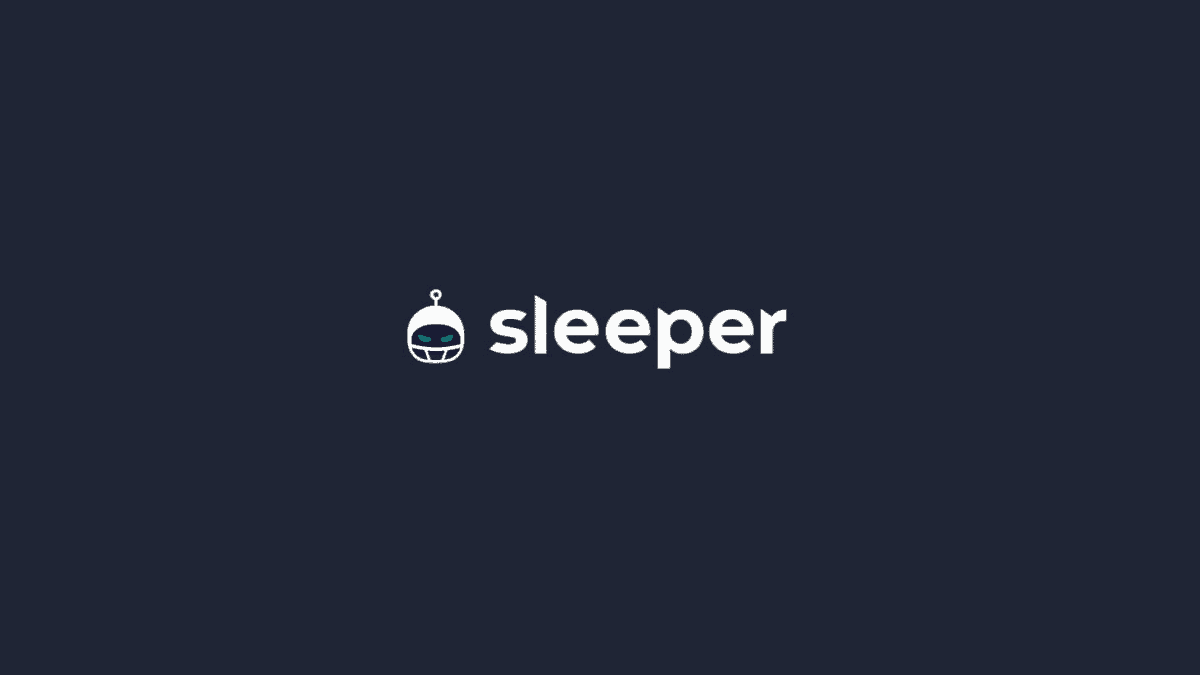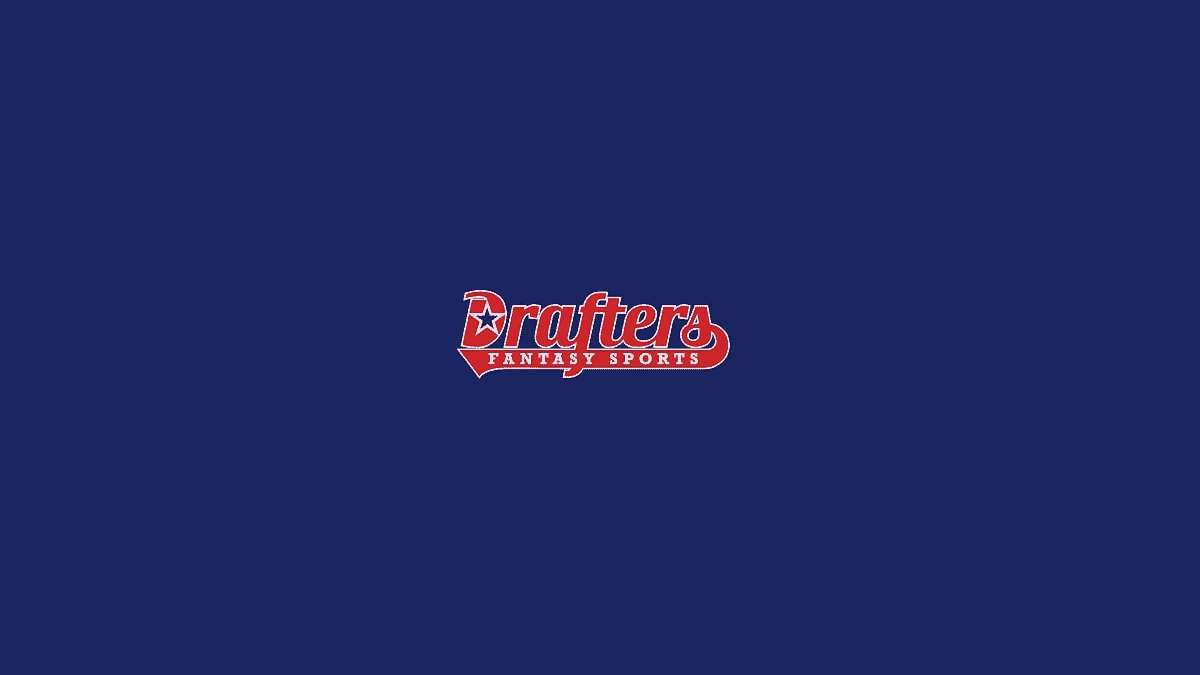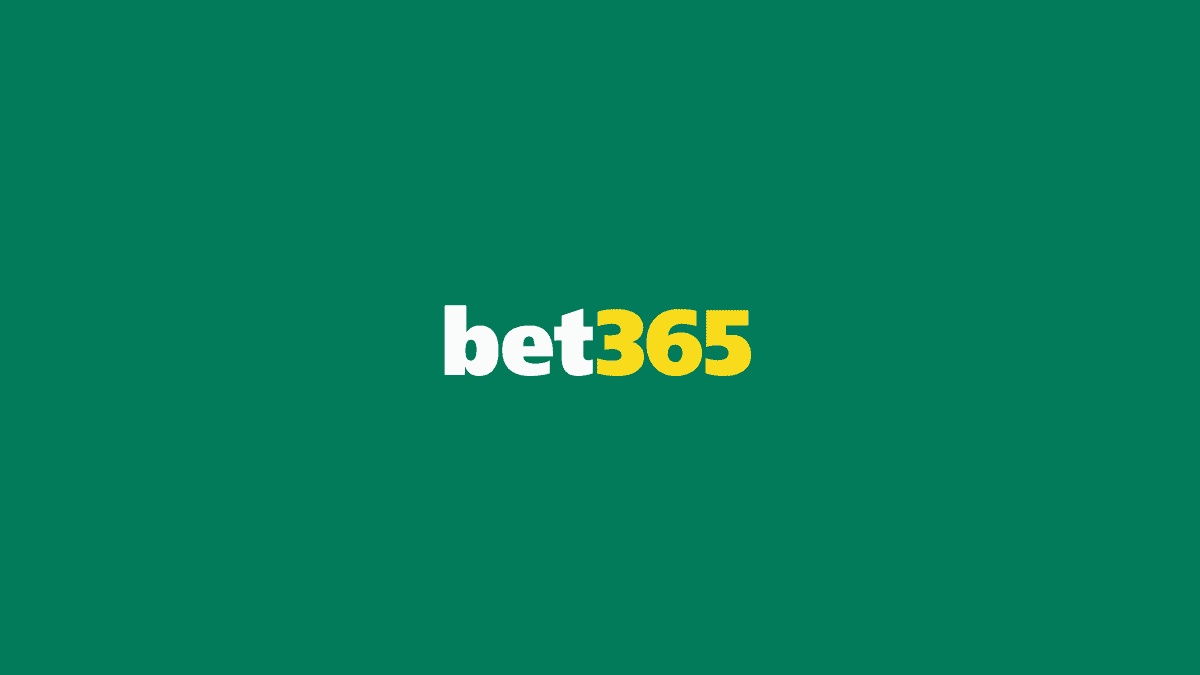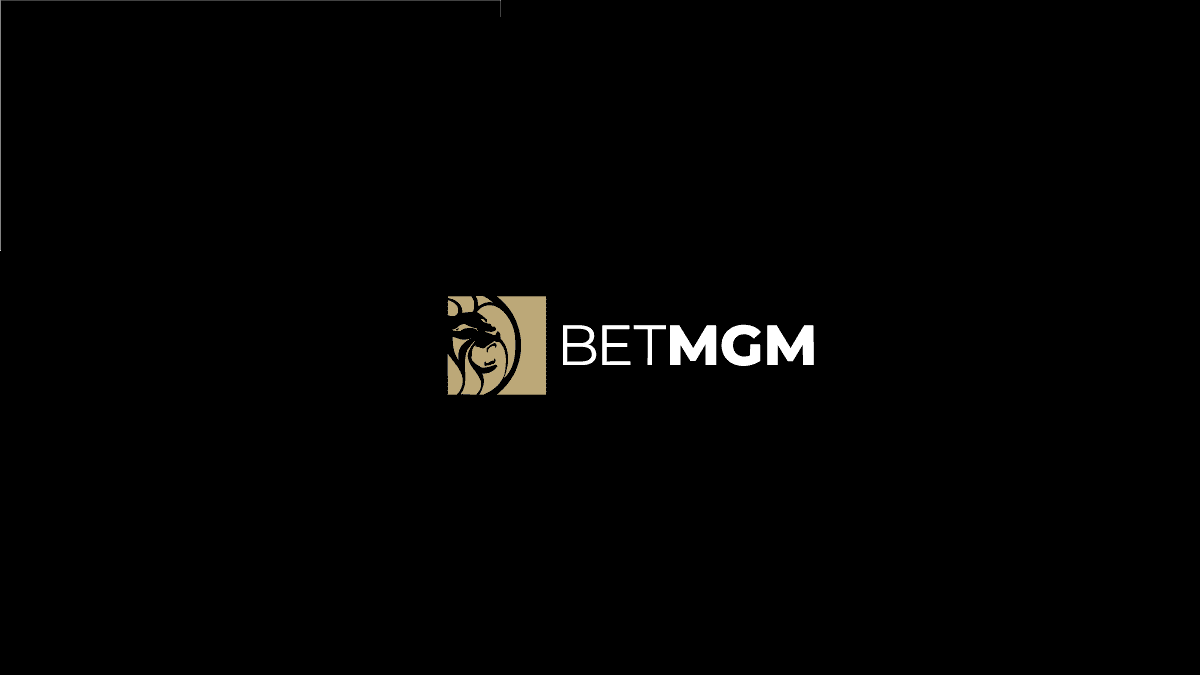No new NBA games does not have to mean the end of NBA DFS action. We here at Awesemo are committed to bringing you contests while sports are on hiatus. And that continues today with Awesemo’s NBA2K Daily Challenge, featuring the 2011-12 Thunder taking on the 2000-01 Lakers. Here’s what we’re doing: over the next few weeks, we’re giving away $20,000+ in prizes in FREE TO PLAY contests based on simulated NBA games that will air on YouTube and Twitch streams involving your favorite Awesemo personalities. There will be Daily Contests where you are asked to predict aspects of the day’s simulated game. Get the most correct answers and you’ll be eligible for great prizes.
NBA2K DAILY CHALLENGE FORM
And of course, FanDuel is hosting it’s own FREEROLL for every Awesemo game:
FANDUEL FREEROLL with 2K in Bonus Cash!
Starting Monday and running through April 3, we’ll also be running a $15,000 Bracket Challenge with $10,000 to first. Just make your bracket picks and if you get the highest score, you could walk away with $10,000. Further details including how to enter will follow in the coming days.
Additional details regarding both the $15,000 Bracket Challenge and the Daily Contests, including full Terms and Conditions, are available here: https:www.awesemo.com/nba2k. Thank you for supporting us and we’re thrilled to have this opportunity to give something back. We aren’t going anywhere and hope you feel the same.
Check out today’s Bracketology Show as Josh Engleman, Dave Loughran and Ben Rasa break down today’s matchup!
Now let’s get into the next matchup between the 2011-12 Thunder vs. 2000-01 Lakers.
The Teams
Tonight’s matchup features two teams with two of the best one-two scoring punches of their eras. However, one team fell just short in their quest for a championship while the other steamrolled their way to the second of three straight titles.
2011-12 Thunder
Starters:
PG – Russell Westbrook
SG – James Harden
SF – Kevin Durant
PF – Serge Ibaka
C – Kendrick Perkins
CBA issues led to a strike to start the 2011-12 season, making it one of the weirder years in the league’s history. The season did not start until Christmas Day and each team only played 66 games. Even so, the presumed best teams were able to separate themselves as the Bulls and Heat took the top seeds in the East while the Spurs and Thunder finished one and two in the West. Led by their star duo of Kevin Durant and Russell Westbrook, the Thunder finished with the second-best offensive rating in the league and won their second division title in a row.
As the second seed in the West, Oklahoma City went on an impressive run in the playoffs, rolling the defending-champion Mavericks in four and the Lakers in five. They saw the top seed Spurs in the Western Finals and dropped the first two games, but then won four straight to face LeBron James and the Heat in the Finals. On paper, with their youth, athleticism and scoring punch, Oklahoma City appeared to match up well with the Miami superteam, and even took Game 1. But narrow losses in Games 2 and 3 appeared to break the Thunder’s back, and the Heat took the last two games in relatively convincing fashion to knock off Oklahoma City in five.
2000-01 Lakers
Starters:
PG – Derek Fisher
SG – Kobe Bryant
SF – Rick Fox
PF – Horace Grant
C – Shaquille O’Neal
This is generally viewed to be the best Lakers team of their early-2000s three-peat. That said, their regular season record was the worst of the three championship teams and was 11 games worse than the year before. As a matter of fact, they just barely won their division and were not even the top seed in the West. But once the playoffs started, it was abundantly clear that this uber-talented Lakers team merely coasted during the regular season and had a second gear unreachable for any other NBA team. Their second-ranked offense remained dominant while their 21st-ranked defense reached a higher level and the Lakers breezed through the postseason.
Despite a trio of (in theory) tough opponents in the West, the Lakers swept all three series, defeating Portland, Sacramento and San Antonio without a hiccup. Their lone loss in the entire playoff run came at the hands of Allen Iverson and the 76ers in Game 1 of the Finals in the infamous “Step over Tyronn Lue” game. And even that lone loss required overtime and 48 from Iverson to defeat them. The Lakers took the next four without too much trouble, securing their spot as the most dominant playoff team in recent memory.
The Studs
Kevin Durant – SF – Thunder
Other superstars and pseudo-stars have been called “unicorn” for their combinations of size and athleticism. However, every nomination for that title has been in an effort to find the next Durant, who is truly the first of his kind. He has been listed anywhere from 6-foot-9 to 7-foot-1, but the safest estimate is 6-foot-10 and 240 pounds. But more than his height, Durant also features a 7-foot-4 wingspan, putting him more in the range of the league’s top rim-protecting centers. And yet, with all that size, he has iso ball-handling skills, limitless shooting range, strong court vision and smoothness unseen for his body type. Durant is truly a one of one.
After going second overall in 2007, Durant was one of the most immediate superstars the league had seen in years. He averaged 20 points a game his rookie season, 25 his second year, then won four of the next five scoring titles and still to this day has yet to go below 25 points a game in a season since his rookie year. 2011-12 was Durant’s third consecutive scoring title, a season in which he averaged 28 a game. That was also the first year he would flirt with the 50-40-90 club, a target he would hit the following season.
While his championship legacy has drawn eye rolls, there is no denying Durant’s list of accolades: 10-time All-Star, nine-time All-NBA, four-time scoring champ and two-time Finals MVP. People may question his decision to quote-unquote “ring chase” when he left the Thunder for Golden State, but on a team with Stephen Curry and Klay Thompson, Durant was unquestionably the best player. As far as scoring ability goes, Durant is probably the best ever among forwards.
Russell Westbrook – PG – Thunder
Basketball-wise, the fit was never perfect, but Durant and Westbrook formed one of the most lethal duos in the NBA from 2008 to 2016. The early years of the Thunder pairing was fascinating, as Westbrook was a bull in a china shop who would attack the rim with unbridled fervor, but also had exceptional passing vision and rebounding ability. And yet, he was always Durant’s second banana. The two made it work for awhile, despite being arguably Nos. 1 and 2 on the NBA’s most ball-dominant players ranking. They shared All-Star appearances, All-NBA Teams, even time atop the league’s scoring leaderboard. And most intriguingly, despite the sometimes-volatile compatibility, it never seemed like the two were headed in different directions.
Of course, they would split up, and Westbrook would use his time as a solo artist to forge an unprecedented path as a triple-double machine, which would earn him NBA MVP. However, the Thunder were clearly at their best when they had both Westbrook and Durant. Their “my turn, your turn” approach to offense made them one of the most fun teams for the better part of a decade and helped both post Hall of Fame-caliber accomplishments. While Westbrook has yet to take home titles like Durant, his other accolades are not far off — nine All-Stars, eight All-NBAs, two scoring titles and a league MVP.
The 2011-12 version of Westbrook was the first edition of him as a fully formed scoring dynamo. He averaged 23.6 points on 19.2 shots a game while also seeing a sizable downtick in assists. That was the first year that Westbrook fully embraced not deferring to Durant, and it worked as the Thunder became one of the best teams in the league.
James Harden – SG – Thunder
Harden is a bit borderline as a Stud, given that he almost exclusively came off the bench and averaged under 17 a game. However, we see now his immense scoring talent and how that could factor into this matchup, and Harden was an invaluable scorer even then who won Sixth Man of the Year in 2012. In fact, Harden was so vital to Oklahoma City’s success that year that the argument could be made his flop in the 2012 Finals is the reason the Thunder were never really competitive against the Heat. He averaged just 12.4 points on sub-40 percent shooting in almost 33 minutes in five Finals games.
His underperformance in that series led the Thunder to make arguably the biggest mistake in franchise history, shipping Harden off to Houston in exchange for a few peripheral pieces. They effectively gave up on Harden, and he would punish them by becoming the best scorer in the league for five-plus years. Based on what we often see in historic 2K rosters, it is fair to assume they will give Harden a bit of a scoring bump based on what he became, and his offensive ability back in 2012 was fringe-Stud-worthy anyway, hence why he fits here.
Shaquille O’Neal – C – Lakers
We covered O’Neal’s full career in detail when the Magic played their play-in game — read that analysis HERE — but this Lakers version was a slightly different thing. He still had an impossible-to-stop combination of size and athleticism, but this Shaq was not the floor-running high flyer that the Magic version was. Rather, this Shaq knew that the low block was his on both ends of the floor and anyone who tried to prove otherwise was punished for it. His numbers were still the same level of insane as always in 2000-01, his age-28 season, averaging 28.7 points, 12.7 rebounds and 2.8 blocks while leading the NBA in field goal percentage. He would also set a career high in made free throws that year, despite shooting just 51.3 percent from the line.
Above all, O’Neal’s 2000-01 season is best defined by his performance in the postseason that year. The Lakers lost just one game the entire postseason run and O’Neal spearheaded that with 30 and 15, including a whopping 5.7 offensive rebounds per game. He dominated the paint, and as a result, no one could touch the Lakers in the playoffs.
Kobe Bryant – SG – Lakers
2000-01 was Kobe’s coming-out party. Sure, he had been to a couple All-Star Games already and was entering celebrity territory, but 2001 was the first season that Bryant would truly bring his game up into Shaq’s stratosphere to form a real 1A-1B duo. That year, Kobe scored 28.5 a game, just a tick behind Shaq, shooting 46.4 percent and adding 5.5 assists and 5.5 rebounds. He joined Shaq in the top 10 for MVP voting that year for the first time as well.
This is the first time we have covered Kobe in this sims, so just to grant the late icon his due, here is a list of his largely unmatched accolades: 18-time All-Star, 15-time All-NBA, 12-time All-Defensive, two-time scoring champ, five-time NBA champ and two-time Finals MVP. He retired as the third-leading scorer in NBA history and currently sits fourth. But above all that, Bryant was a touchstone for many of the current NBA players. He was their Michael Jordan, the player who defined their childhood fandom. It is why his passing far before his time hit the league and fans so hard and still feels surreal months later. He was more Lakers than any player in franchise history.
The Role Players
Thunder
Serge Ibaka – This was before Ibaka became a strong two-way player, as he only averaged 7.4 shots a game and took just three 3-point attempts all season. However, Ibaka was already arguably the best shot blocker in the NBA. He won the first of two consecutive block titles in 2011-12, averaging a whopping 3.7 a game to go along with 7.5 rebounds and 9.1 points.
Thabo Sefolosha – Oklahoma City was extremely top heavy, getting almost all of their production from their three stars and Ibaka. However, as a starting wing, Sefolosha was valuable as a defensive specialist who allowed Durant and Westbrook to exert most of the energy on offense. His offensive contributions were almost exclusive to 3-point shooting, taking 1.7 a game and hitting at over 40 percent.
Kendrick Perkins – Sefolosha’s analysis could also apply to Perkins. His numbers are almost null, but his size and presence were valuable both on defense and in setting screens. He also put up decent enough rebounding numbers that year with 6.6 a game.
Lakers
Derek Fisher – Fisher is an icon as a five-time champion with the Lakers, but his numbers are relatively modest for a player with as much impact as Fisher had. For the purposes of this sim, his role will mostly amount to his shooting ability, as Fisher averaged between three and five 3-point attempts a game during the first Lakers run, shooting close to 40 percent in that time. He also posted decent assist numbers, so he could get some peripherals.
Rick Fox – Interestingly enough, Fox led the Lakers in 3’s in 2000-01 with 3.7 attempts a game. He hit at a solid clip of 39.3 as well, and that shooting will likely be the majority of Fox’s impact. He only added four rebounds and three assists a game that season.
Horace Grant – Grant chose his teams about as well as anyone in the history of the league. He was a key piece of three separate Finals teams, appearing in the series six times with those three separate franchises. Though nearing the end of his career in 2000-01, Grant was still a heavy contributor for the Lakers, starting 77 games and recording 8.5 and 7.1 in over 30 minutes a game at the age of 35.
FanDuel Plays
MVP – Kevin Durant – $14,500
For me, the best strategy is going to be playing both Durant and Bryant in the top two slots and working down from there. The question comes down to which do you prefer at MVP? Both were their teams’ two best perimeter scorers and will have plenty of opportunity to add peripherals. Their numbers, both in these individual seasons and throughout their careers, are remarkably similar. However, I am leaning a bit to Durant largely because I see him as the better 3-point shooter. He is a career 38 percent shooter from deep, which is a mark Bryant only hit in one season his entire career. Still, both are plenty in play to be the top producer.
Star – Kobe Bryant – $14,500
One may wonder why Shaq is being completely omitted from consideration despite his consistent dominance. Truth be told, a lot of that hesitance is coming from his flame-out as a member of the 1994-95 Magic in their play-in game. I am simply not sure if his back-to-the-basket method of offense works in a 2K environment. Now, if the Lakers get him in pick-and-roll action, then maybe O’Neal will start showing superstar numbers. But for now, Bryant looks like the better candidate to chuck and approach 20 points by mere volume, if nothing else.
Pro – Serge Ibaka – $11,500
I will be interested in seeing how 2K views Ibaka’s offensive abilities as a member of the 2011-12 Thunder. His 87 rating suggests it will be drastically overblown, so jumping on him at $11,500 seems prudent. As stated above, Ibaka took three 3’s that year, hitting one. He averaged just 9.1 points a game. And yet, because he would grow into a steady shooter, my guess is that 2K gave his rating there a bump. Add in that Ibaka was already by then an elite shot blocker and solid rebounder and he is excellent value in this matchup.

